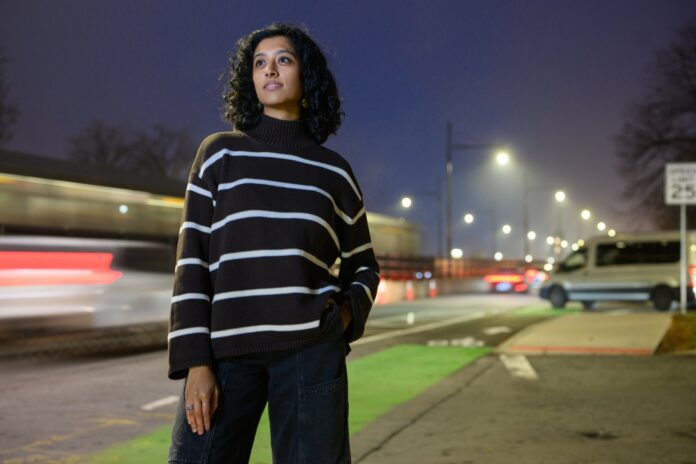Introduction to a Passionate Problem Solver
Shreyaa Raghavan’s journey into solving some of the world’s toughest challenges started with a simple love for puzzles. By high school, her knack for problem-solving naturally drew her to computer science. Through her participation in an entrepreneurship and leadership program, she built apps and twice made it to the semifinals of the program’s global competition.
Early Successes and Competing Interests
Her early successes made a computer science career seem like an obvious choice, but Raghavan says a significant competing interest left her torn. “Computer science sparks that puzzle-, problem-solving part of my brain,” says Raghavan, an Accenture Fellow and a PhD candidate in MIT’s Institute for Data, Systems, and Society. “But while I always felt like building mobile apps was a fun little hobby, it didn’t feel like I was directly solving societal challenges.”
Discovering the Power of Computational Techniques
Her perspective shifted when, as an MIT undergraduate, Raghavan participated in an Undergraduate Research Opportunity in the Photovoltaic Research Laboratory, now known as the Accelerated Materials Laboratory for Sustainability. There, she discovered how computational techniques like machine learning could optimize materials for solar panels — a direct application of her skills toward mitigating climate change. “This lab had a very diverse group of people, some from a computer science background, some from a chemistry background, some who were hardcore engineers. All of them were communicating effectively and working toward one unified goal — building better renewable energy systems,” Raghavan says.
Applying Machine Learning to Energy and Climate
With her sights set on applying machine learning and optimization to energy and climate, Raghavan joined Cathy Wu’s lab when she started her PhD in 2023. The lab focuses on building more sustainable transportation systems, a field that resonated with Raghavan due to its universal impact and its outsized role in climate change — transportation accounts for roughly 30 percent of greenhouse gas emissions. “If we were to throw all of the intelligent systems we are exploring into the transportation networks, by how much could we reduce emissions?” she asks, summarizing a core question of her research.
Recognized Contributions and Fellowships
Raghavan’s contributions have been recognized with the Accenture Fellowship, a cornerstone of the MIT-Accenture Convergence Initiative for Industry and Technology. As an Accenture Fellow, she is exploring the potential impact of technologies for avoiding stop-and-go traffic and its emissions, using systems such as networked autonomous vehicles and digital speed limits that vary according to traffic conditions — solutions that could advance decarbonization in the transportation section at relatively low cost and in the near term. Raghavan has also received a fellowship supporting her research from the U.S. Department of Transportation.
Collaboration Across Disciplines
Raghavan believes that addressing climate change requires collaboration across disciplines. “I think with climate change, no one industry or field is going to solve it on its own. It’s really got to be each field stepping up and trying to make a difference,” she says. “I don’t think there’s any silver-bullet solution to this problem. It’s going to take many different solutions from different people, different angles, different disciplines.” With that in mind, Raghavan has been very active in the MIT Energy and Climate Club since joining about three years ago.
Giving Back and Inspiring Others
This year, Raghavan is on the community and education team, which works to build the community at MIT that is working on climate and energy issues. As part of that work, Raghavan is launching a mentorship program for undergraduates, pairing them with graduate students who help the undergrads develop ideas about how they can work on climate using their unique expertise. “I didn’t foresee myself using my computer science skills in energy and climate,” Raghavan says, “so I really want to give other students a clear pathway, or a clear sense of how they can get involved.”
Conclusion
Raghavan has found a unique balance between her passion for problem-solving and her desire to make a positive impact on the world. Through her research and involvement in the MIT Energy and Climate Club, she is inspiring others to join her in the fight against climate change. As she looks to the future, Raghavan remains committed to using her skills to drive meaningful change, and her story serves as a powerful reminder that even the smallest actions can add up to make a big difference.

